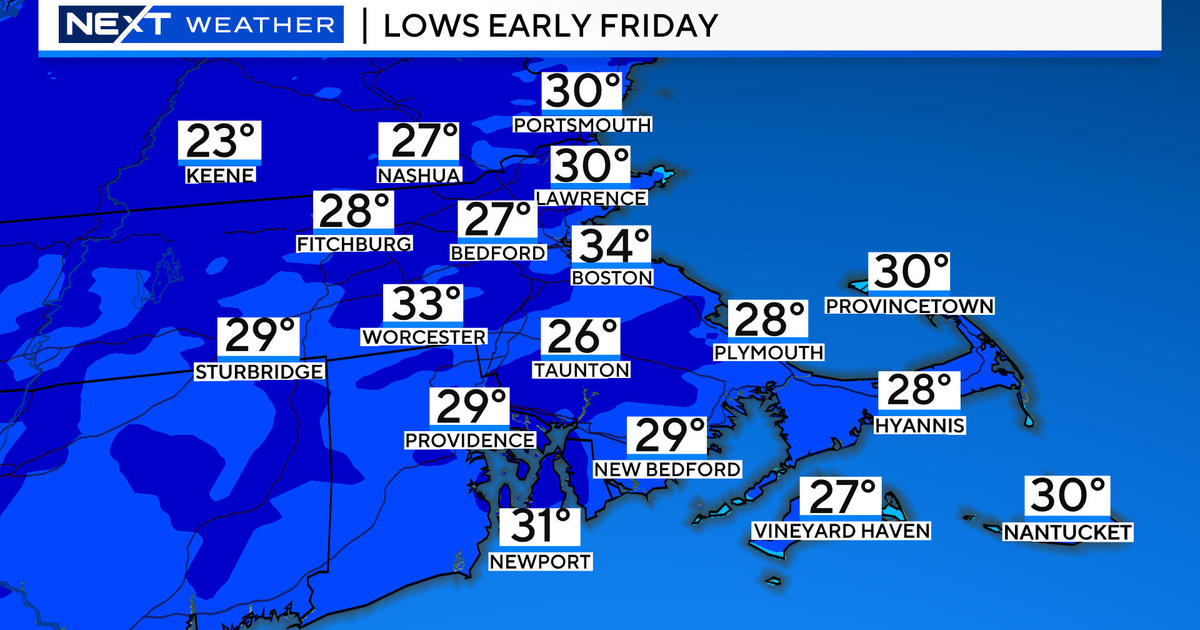Money Matters - Save For Retirement Week: Are You Saving Enough?
BOSTON (CBS) - A recent study found the average 401(k) balance is close to $40,000. That's not enough! Another study by Fidelity showed the typical working American household is on track to replace 58% of their income in retirement. That's not enough!
So the money in your retirement account will play a very big role in retirement. It will make a huge difference in your lifestyle during retirement. The difference could be summed up in where you choose to eat. McDonald's or the Olive Garden?
If you do retire at age 65 with only $40,000 in your 401(k) and you live to be 85, that $40,000 will only give you about an extra $2,300 in income annually about $44 a week. That's gas money!
So how much money will you need for retirement? A lot! The first thing you need to review is your budget to see where you can save more. How much does it cost to maintain your current lifestyle? Is this the lifestyle you'll want in retirement? With a little bit of effort on your part, you will be able to calculate whether your savings are on track to reach your retirement goals.
There are many calculators on line that can help you figure out how much more you need to save. Start with the company that is providing your retirement plan at work.
I have also found some very good calculators online. These calculators help you take the guess work out of planning. They also may force you to face the fact you are not saving enough, but allow you to change the parameters so you can figure how much longer you may need to work.
Start with the American Savings Educational Council (ASEC) which has good links to many calculators on their website. Check out their BALLPARK E$TIMATER to see if you are on track. And the large mutual fund companies have good educational retirement sections as well as calculators at their websites. Check out Vanguard and T Rowe Price and Fidelity.
If you are coupled, try doing the calculations together or each of you do one your own and then try together. If you finish the worksheet and the results indicate that you must save more than is available from your paycheck each week, redo the calculations.
This time, add part-time work if you left it off the first time or raise your projected retirement age from 62 to 67. This will increase your years of savings and your Social Security benefits. If this still doesn't work, raise the retirement age to 70 and plan to work in your retirement.
Use? The Fidelity study found that 51% of households expect to receive a pension. But the reality is from 1986 to 2008, participation in defined benefit plans (those are pension plans) among full-time workers in private industry declined to 24% from 76%. The public sector still provides pensions to about 88% of its workers.
According to a survey by the Employee Benefit Research Institute, EBRI, about 20% of workers between the ages of 40 to 59 have less than $10,000 in retirement savings. Another 20% do not have any savings.
The average Social Security monthly check for 2011 for all retired workers is $1,153. It would be very difficult to live almost anywhere in the U.S. on $14,000 a year and from that amount the government will also withhold the cost of Medicare before they send you a check.



